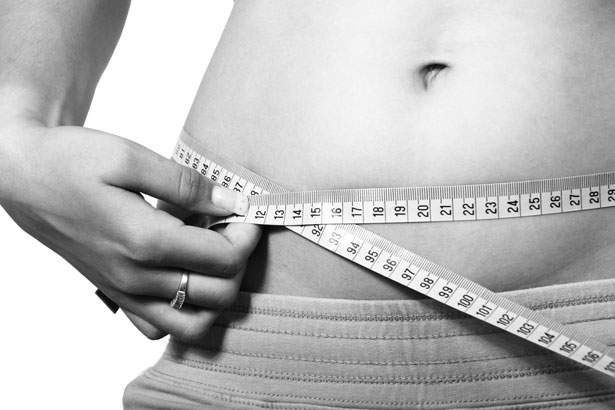Keeping your Bones Healthy After Weight Loss Surgery
Keeping your Bones Healthy After Weight Loss Surgery

The human body is a fascinating thing. There is not a single part of our body that is completely independent of the rest of us. So, it is natural to assume that if one body part undergoes a specific change, then the rest of the body would be affected. For instance, if a person gets an infection from a cut, that infection runs through the bloodstream which can infect the organs that it comes in contact with. Sometimes, even something life saving, like weight loss surgery, can have unintended negative consequences.
One of those consequences involves bone density. People who have undergone more drastic forms of weight loss surgery have suffered long term bone loss within a five year period. There are various reasons behind the bone loss. Some of them can be manageable and even outright prevented with proper care. So, let’s look into why it happens after weight loss surgery and what could be done to fix it.
Why Does Bone Loss Happen?
A decrease in bone density is a natural occurrence that is a product of many factors. Including old age and vitamin deficiencies. The medical term for this process is osteoporosis and is quite common. Bones are much more different than most people think of them. They are not hard or unchanging like rocks that can be worn away from the outside. In fact, bone is living tissue. Tissue that can shift, fuse, get stronger, and weaker. It even has layers that produce new blood cells called the marrow.
Bone loss occurs when the interior of the bone naturally deteriorates with age. After a while, the rate of deterioration will outpace the rate of formation in the bone tissue. This makes the bone more brittle, increasing the likelihood that it will snap and fracture under its own weight. The bones that are most likely to suffer from this condition are the hips, the spine, and wrists.
1 in 3 women and 1 in 5 men at the ages of fifty and over are diagnosed in the United States alone.
Why is this happening after Weight Loss Surgery?
There are a few factors that are responsible for this reaction. The first is malnutrition. A various amount of vitamins and minerals, including vitamin D and vitamin K, are responsible for things like calcium absorption and binding proteins into materials to make more bone tissue. When a patient goes under weight loss surgery, oftentimes, they go through a procedure in which part of the stomach is outright removed.
That removal creates a chain reaction, in which hormones and bacteria scramble to adapt to the changes in their environment. As a result of the removal, the stomach and the bacteria within it are less likely to absorb the natural amount of vitamins and minerals that are required for bone production. Not to mention the added diet restrictions aren’t going to help much in the way of providing said vitamins and minerals.
So, if you had weight loss surgery, and you are trying to keep your bones from becoming brittle as you recover, what are some of the ways that you can naturally stack the odds in your favor?
Ways to Prevent Bone Loss
• Exercise
Whenever you are doing strength training and weight-bearing exercises, you are increasing the chances of bone creation. Studies have shown that the amount of bone actually increases when someone exercises.
• Take Vitamin Supplements
As I mention before, vitamin K and D are important in both the creation of blood cells and the absorption of calcium. Also, protein and calcium play an important to provide the right amount of materials to add to new bone.
• Eat a Healthy Diet
If you stick with a low-calorie diet for too long, you will not only make you lose weight, it would make you lose bone mass. It is a matter of choosing your calories with something smarter. Make sure you are at least getting 1,200 a day, and choose things with healthier vitamin and nutritional content. For instance, calories from vegetables are going to hurt your body way less than calories from potato chips. Even vegetables have a healthy dose of nutrition with content like magnesium and zinc. Talk to a nutritionist about a meal plan if you think it is too overwhelming.
• Go Outside
The sun naturally gives us what we need to make Vitamin D with our bodies.
Conclusion
Be prepared for your body to go a little haywire when you are recovering from weight loss surgery. Especially if you have suffered from comorbid conditions as they rear their ugly heads. Also, talk to your doctor if you are feeling concerned about your post-op experience.